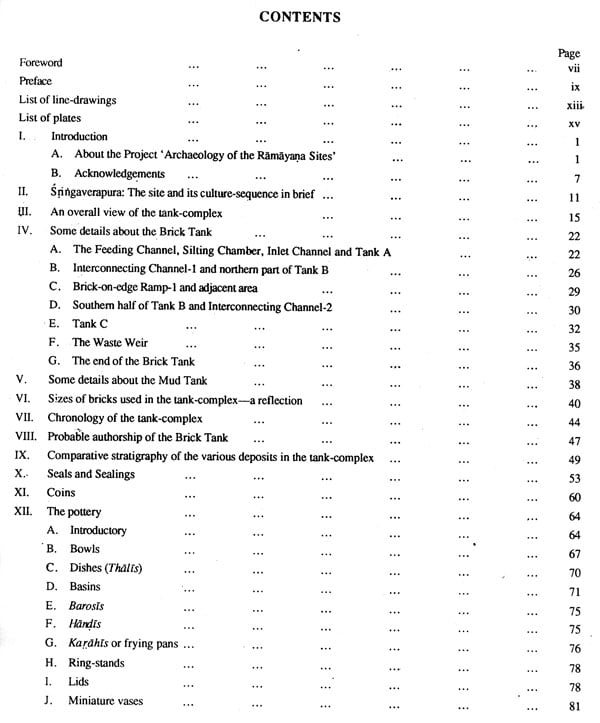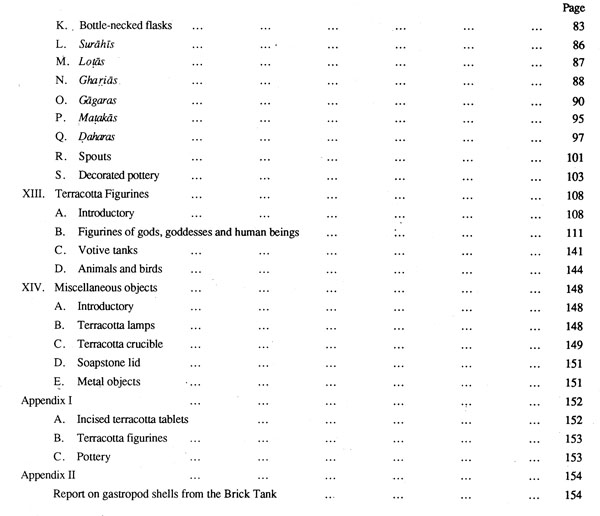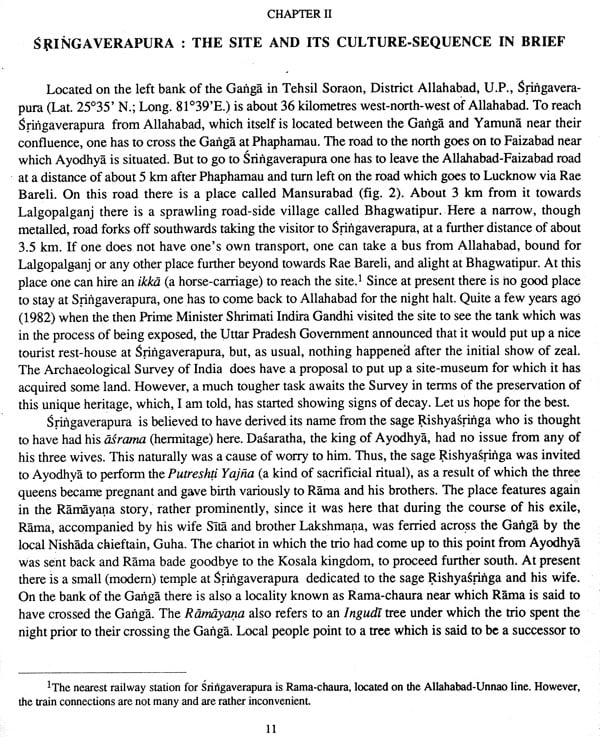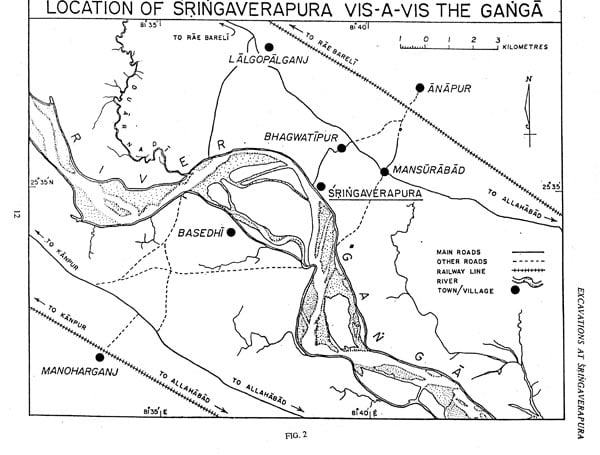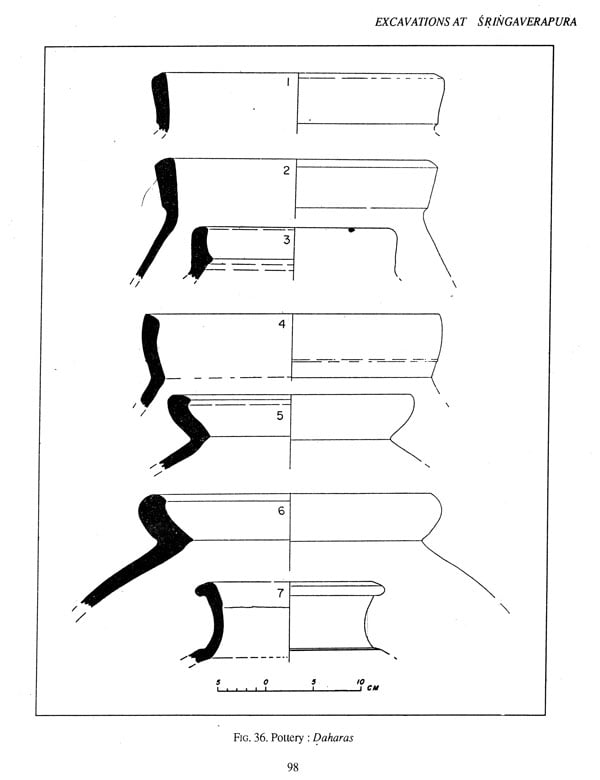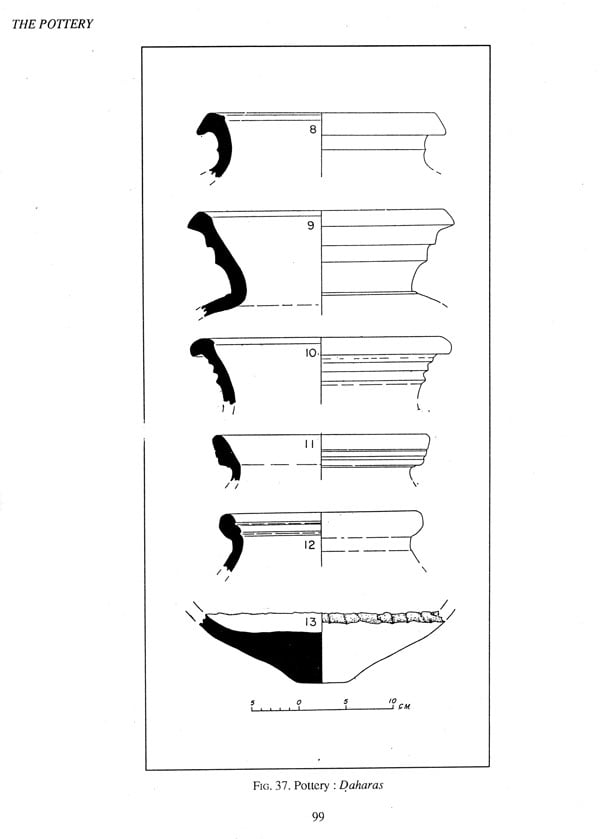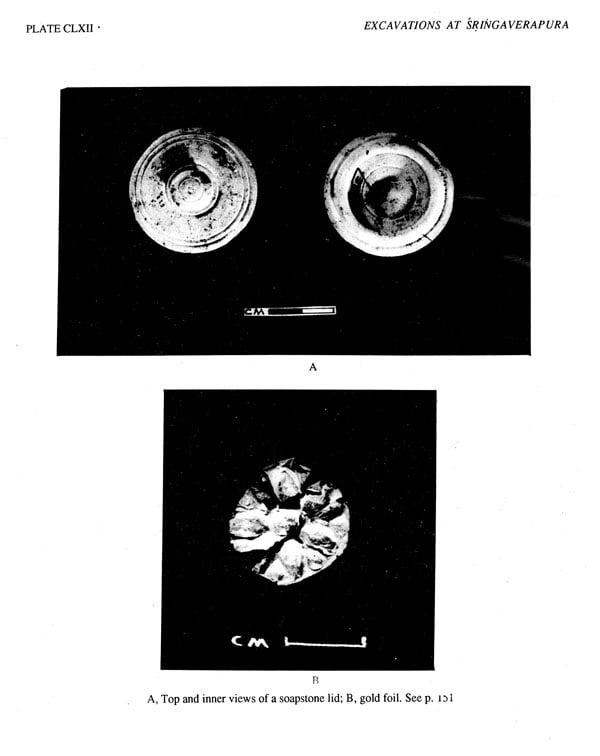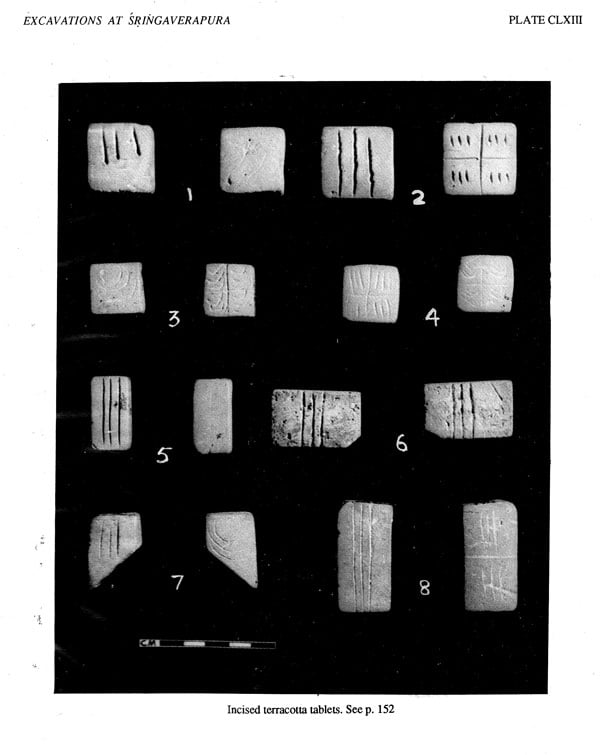
Bird & Cage- Recollection of British Raj Prison Days (An Old and Rare Book)
Book Specification
| Item Code: | NAX449 |
| Author: | S.N. Bhattacharya |
| Publisher: | Bharatiya Vidya Bhavan, Mumbai |
| Language: | English |
| Edition: | 1984 |
| Pages: | 103 |
| Cover: | PAPERBACK |
| Other Details | 8.50 X 5.50 inch |
| Weight | 140 gm |
Book Description
Shri Bhattacharyya started his career as sub-editor, Ananda Bazar Patrika and then worked as Assistant Information Officer, Ministry of Information, Director (Basic Literature), Ministry of Rural Construction and Manager (Public Relations), with IFFCO.
Much has been written and known about Mahatma Gandhi's non-violent struggle for India's Independence but not about the revolutionaries, who like the Sinn Feiners of Ireland and Nihilists of Russia, took recourse to the cult of bomb for hastening the process of liberation.
The present book, a recollection of prison days in British Raj, records the impressions of the author who, as teenager, was imprisoned for four long years without trial and who came in closer contact with terrorist leaders as well as ordinary convicts during his incarceration in Calcutta's Presidency jail.
The book narrates heroic deeds as well as humorous episodes - it is more a human study of prison characters, the known and the not-so-known, and of their moments of glory and of weakness.
Ultimately the atom bomb is dropped in Japan and the war ends dramatically. So does the long period of jail life and the bird comes out of the cage. Would he (the author) be the same again?
The book chronicles some of the heroic deeds of the past decades as also lighter episodes of those turbulent days. It is more in the nature of human study of the prison characters, the known and not so known freedom fighters, of their glorious moments and lapses.
Communism was slowly but steadily creeping in. Were the Britishers helping in turning revolutionaries into communists through the availability of communist literature in prison? I wonder. Ultimately, the atom bomb is dropped in Japan and the war ends dramatically. So does the long period of incarceration. The bird comes out of the cage but would he be the same.
I am grateful to Bharatiya Vidya Bhavan for accepting the manuscript for publication. My thanks are also due to my son, Sourish, who helped me with useful suggestions and to Thomas Koshy who faired copies of the manuscript.
Book's Contents and Sample Pages
